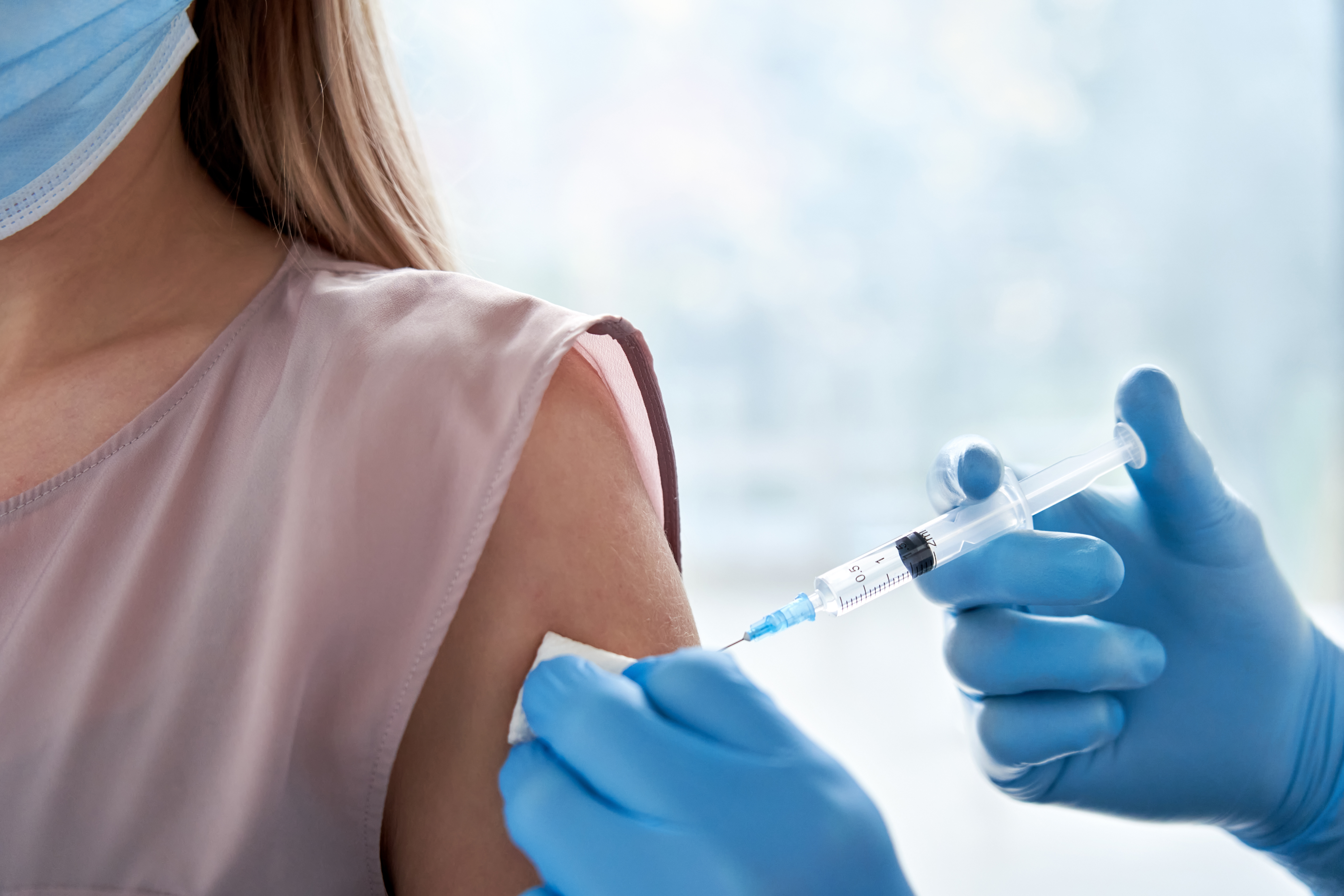The global battle against the COVID-19 pandemic and the widespread vaccination campaigns have winded down. The quick development and distribution of vaccinations has raised concerns about possible negative effects arising from them, even if immunization has shown to be an essential strategy in stopping the virus's spread. The link between COVID-19 vaccinations and Sneddon Wilkinson Disease (Sneddon Syndrome) is one such worry that has drawn attention.
What is Sneddon Wilkson Disease?
Sneddon syndrome is a condition that affects small and medium-sized blood vessels. It involves the rapid growth of the endothelium (the inner lining of blood vessels), leading to blood flow issues due to the excess number of cells.
This syndrome is both rare and progressive, meaning it worsens over time. Individuals with Sneddon syndrome often experience blood clots, skin problems, and neurological issues.
Also known as Sneddon-Champion syndrome and livedo reticularis racemosa, this disease can cause strokes and transient ischemic attacks (TIAs).
Prevalence of Sneddon syndrome is about 4 per 1 million people annually (or 1 in 250,000 people). It is more common in women, who make up nearly 80% of cases, with most diagnoses occurring around age 40.
Symptoms of Sneddon syndrome include:
- A rash resembling fishnet patterns or snake skin, known as livedo reticularis when appearing on the limbs and fading with warmth, or livedo racemosa when persistent on the trunk and buttocks;
- Headaches;
- Dizziness;
- Strokes and TIAs;
- Changes in personality, cognition, and behavior; and
- Rarely, kidney problems.
Symptoms usually develop gradually. Skin discolorations may appear years before neurological issues, or initial symptoms might include eye problems or headaches.
The COVID-19 Vaccine and Sneddon Syndrome: Is There a Connection?
The connection between the COVID-19 vaccines and Sneddon Syndrome is still being explored. According to a 2023 study[1] published in the journal, Dermatology Online,
There are a number of reports on the onset of acute annular pustular psoriasis with the COVID-19 vaccine as well the development of pustular psoriasis in a patient with established plaque psoriasis following the administration of the vaccine… It has been suggested that certain cutaneous COVID-19 vaccine reactions may represent unmasking of subclinical inflammatory dermatoses due to the immune boosting properties of the vaccine.
Another 2023 study[2] published in the journal, Vaccines,
In the beginning of the public vaccinations, the study of the cutaneous side effects of COVID-19 vaccination was limited, with only a few studies to have a large number of patients and focus on different dermatology conditions. As time passed, case reports, case series and case–control studies from all over the world were published, revealing new post-vaccination disease occurrence or disease flare up. Also, third parameters in the relation between vaccination and dermatology disease were studied as environmental triggers. All these aforementioned and the upcoming studies give a more complete image of the COVID-19 vaccination and its impact on dermatology. Also, more detailed data are revealed by studies on the immunology modifications that vaccinations can cause, creating a connecting link to understand the overlapping pathophysiologies. Pustular dermatoses were not the most frequent eruption occurring after vaccination
An increasing number of studies are providing additional information regarding the immunological response of COVID-19 vaccines and attempting to elucidate the development of post-vaccine skin manifestations, including pustular eruptions.
Legal Implications and Seeking Compensation
If you or a loved one has developed Sneddon Syndrome following a COVID-19 vaccination, you may be wondering about your legal rights and potential for compensation. While cases are rare, it is essential to understand your options:
- Documentation and Medical Evidence: Collect all medical records related to your diagnosis and treatment of Sneddon Syndrome. Detailed documentation will be crucial in establishing a timeline and potential causation.
- Consulting a Legal Expert: Reach out to a law firm specializing in vaccine injury cases. An experienced attorney can help evaluate your case, navigate the complex legal landscape, and determine if you are eligible for compensation.
- Vaccine Injury Support Program (VISP): The VISP is a federal program designed to compensate individuals who experience injury or adverse effects from vaccines. Your lawyer can guide you through the process of filing a claim under this program.
While the occurrence of Sneddon Syndrome following COVID-19 vaccination is rare, it is understandable to have concerns. If you believe you have been affected by Sneddon Syndrome post-vaccination, consulting with a legal professional can provide clarity and help you understand your rights and options for seeking compensation.
If you or someone you know has contracted Sneddon Syndrome as a result of the COVID-19 vaccine, you may be able entitled to financial compensation. Please contact our team at JEWELL RADIMISIS JORGE LL.P for a free initial consultation.


